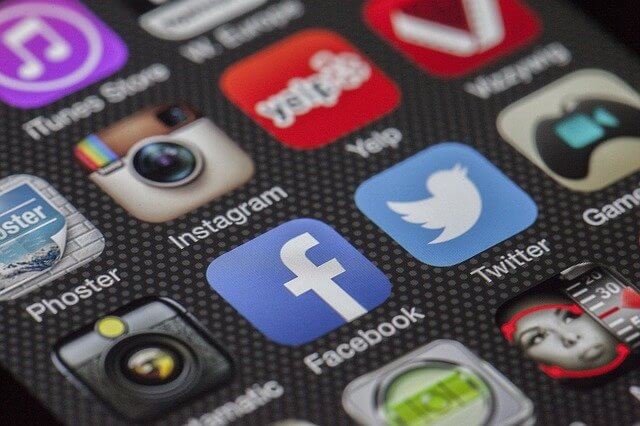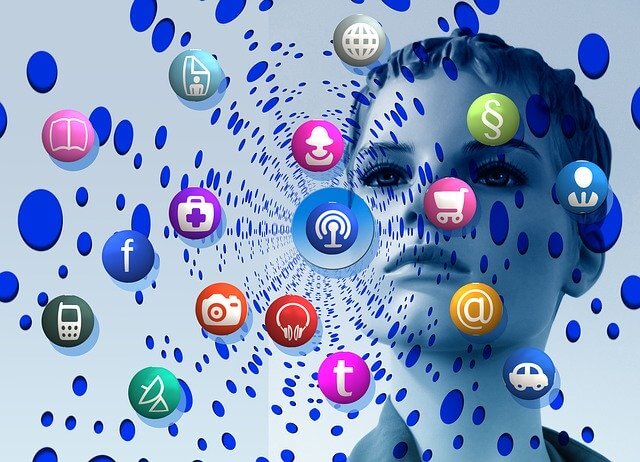Thanks to certain permissions, apps have access to the camera or location of your smartphone. Other apps send SMS or copy your contacts. To prevent this, you can change app permissions and revoke them later. Do this in the interests of your privacy and for better data protection.

Photos And Media
If you allow an app to access your photos, media and data – in the worst case you have to expect that it will spy on, change or even delete your private files. File manager apps, social media apps or image processing programs, have still a legitimate claim to this access.
Calendar App
This authorization can be particularly dangerous for those who actively use the calendar on their smartphone. Not only could a malicious app spy on your daily routines, it could also change or even delete your appointments. The authorization is useful for Gmail to save important appointments from your emails in your calendar.
Phone Messages Security
In the worst case, a malicious app can send messages at your own expense and even subscribe to paid services via SMS. For security reasons, you should deactivate payment by SMS with your provider. Some applications, such as Whatsapp, use this authorization to read verification codes. But this purpose can also be avoided by manually entering the code on your smartphone.

If you grant one of these permissions to an app, the application can have this type of information and upload it to the cloud without requesting your express consent for any use of your data. We therefore recommend that you think twice granting certain permissions to an app – especially if they are not absolutely necessary for the app to work properly. For example, most games do not need to be able to access your contacts or camera, messengers work without knowing your current location, and many trendy camera filters can probably survive without your call history.
